
- Teacher: Punyapat Saksupapchon
The fundamental question you might ask is…
Why do Firms spend a lot of effort on developing and marketing new products? Well, the answer is simple…to GROW!
The dynamics of an organization's business environment expose it to constant changes, leaving it vulnerable to competitive threats. To address these changes and remain competitive, an organization needs to innovate its products and services. Because a critical component to launch new products and services is the value a company can create for its customers. This course deals with the roles and significance of New Product Development (NPD) as applied in decision-making for problems arising in complex markets.

Welcome to your Independent Study course—the culminating experience of your MBA-i journey, serving multiple purposes beyond merely fulfilling degree requirements. This course empowers you to explore business topics that ignite your passion while developing sophisticated research skills that are highly valued by employers across all industries. You will design and execute a comprehensive research project tailored to your specific interests and career goals, producing a substantial five-chapter manuscript that bridges academic theory with real-world business applications. While working within the professional boundaries established by your advisor and the systematic research process, you will benefit from a rich collaborative environment featuring peer discussions, faculty guidance, and structured support that enhances your understanding and accelerates your progress. The rigorous execution of your research will develop your ability to gather and analyze information critically—skills that are beneficial in both professional and personal contexts. Through this intellectually rewarding experience, you will demonstrate mastery of complex subject matter, positioning yourself advantageously for career advancement or admission to doctoral programs. By the end of the course, you will have produced polished scholarship that showcases your readiness to tackle sophisticated business challenges with confidence and analytical precision, representing a truly transformative capstone to your graduate education.

The course Business Management introduces students to important theoretical perspectives of management that have dominated management thinking and practice at different periods in the 20th century. The course is structured by first introducing the historical evolution of the management domain and later on by discussing selected principles of management that had a more profound influence on the domain for more than a decade.
Principles and perspectives of management discussed in the course include:
This introductory course enables students to understand the evolution of the management domain, its most influential perspectives, and how these have led to the innovation-centered approaches taught in the MBI Program.
Conclusion: This course presents and debates contemporary business management practice. At times, a case-based approach is used to examine the adaptation and application of management concepts in specific business contexts. This course also presents the key business concepts and theories for students coming from a non‐business background.

This course is concerned with strategic innovation management for corporate competitive advantage. It provides students with the knowledge to understand and the skills to manage innovation at the operational and strategic levels. Specifically, it integrates the management of market, organizational and technological change to enhance the competitiveness of the firm.
Students will acquire a critical understanding of innovation at the operational and strategic levels in the strategic innovation management context and understand the contexts, processes, structure, and capabilities in managing innovation in a fast-changing globalized business environment.
The course Business Innovation introduces students to important foundational concepts of innovation on three levels of abstraction:
As such, this introductory course enables students to look at the domain of innovation through different frames on three levels (small pictures, the big picture, and the grand picture) and to see how the various topics connect and support each other.

This module covers the technical, market, and application trends for emerging trends and technologies. The course will provide students with an understanding of how technological and market trends evolve and impact current product and service developments. Throughout this module, Students will learn how to detect and identify relevant emerging market trends and technologies and integrate them into their strategic product and service development planning.

The innovation design techniques module seeks to develop basic skills in design thinking and innovative problem solving. Design thinking is a methodology of innovation based on a deep understanding of what people want and need. Within this module, participants will be presented with various approaches and techniques that can be used to design new products and services. Hands-on experience will be provided in developing physical prototypes, mockups, and, for example, Fab‐Lab.
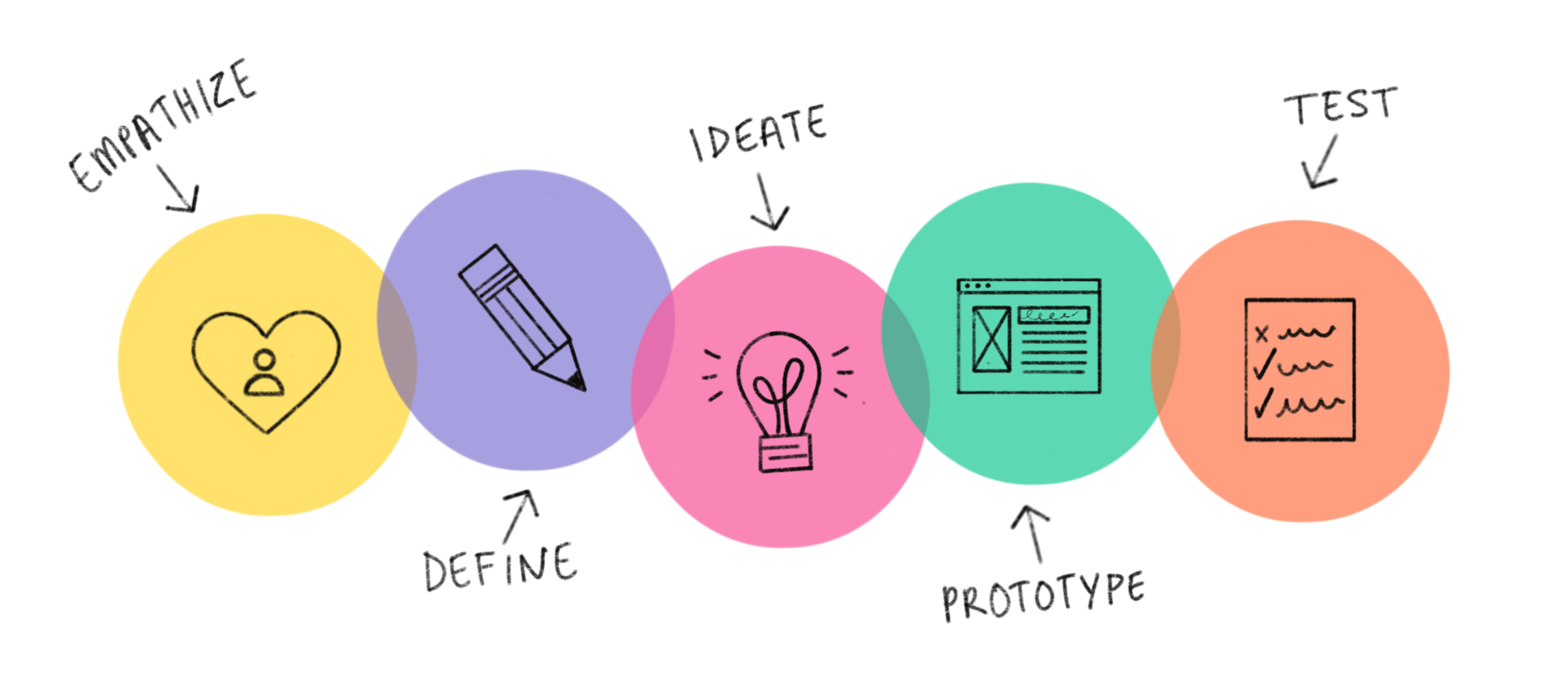
The creativity and ideation module introduces participants to an exploration of creativity and ideation within the discipline of business and management. The changing understanding of creativity is explored as well as personal approaches to creative problem solving. The broad nature of ideation is examined in terms of idea generation, evaluation, and concept development. The role of both creativity and ideation in gaining strategic advantage is introduced. Participants will be exposed to creativity in different fields, for example. Business, Arts, Science, Engineering and Social Science.

The innovation design techniques module seeks to develop basic skills in design thinking and innovative problem solving. Design thinking is a methodology of innovation based on a deep understanding of what people want and need. Within this module, participants will be presented with various approaches and techniques that can be used to design new products and services. Hands-on experience will be provided in developing physical prototypes, mockups, and, for example, Fab‐Lab.

The creativity and ideation module introduces participants to an exploration of creativity and ideation within the discipline of business and management. The changing understanding of creativity is explored as well as personal approaches to creative problem solving. The broad nature of ideation is examined in terms of idea generation, evaluation, and concept development. The role of both creativity and ideation in gaining strategic advantage is introduced. Participants will be exposed to creativity in different fields, for example. Business, Arts, Science, Engineering and Social Science.

PhD KIM Seminars on Change Management Academic year 2021-2023
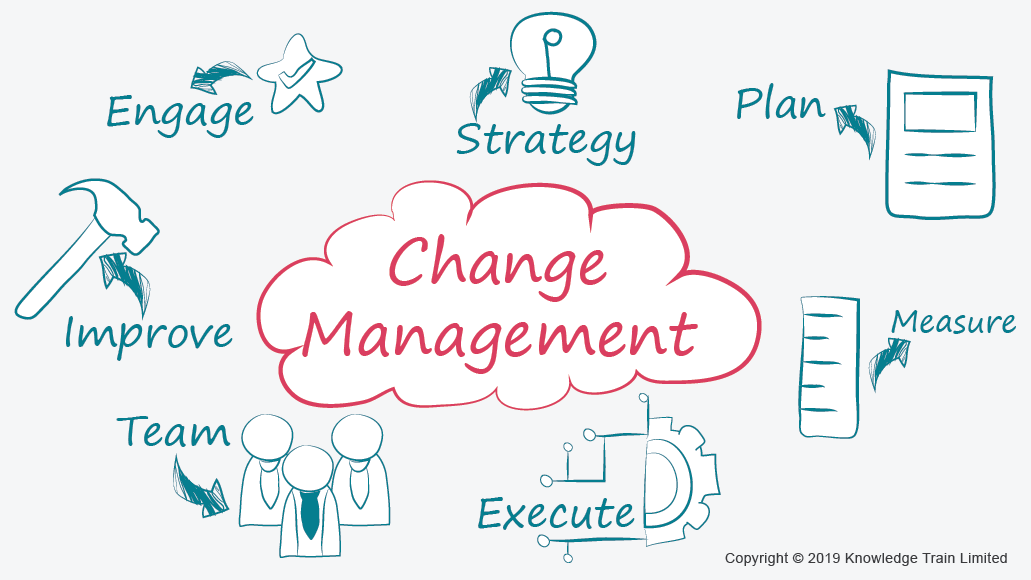
Ph.D. KIM Innovation Management Seminars 2021-2022
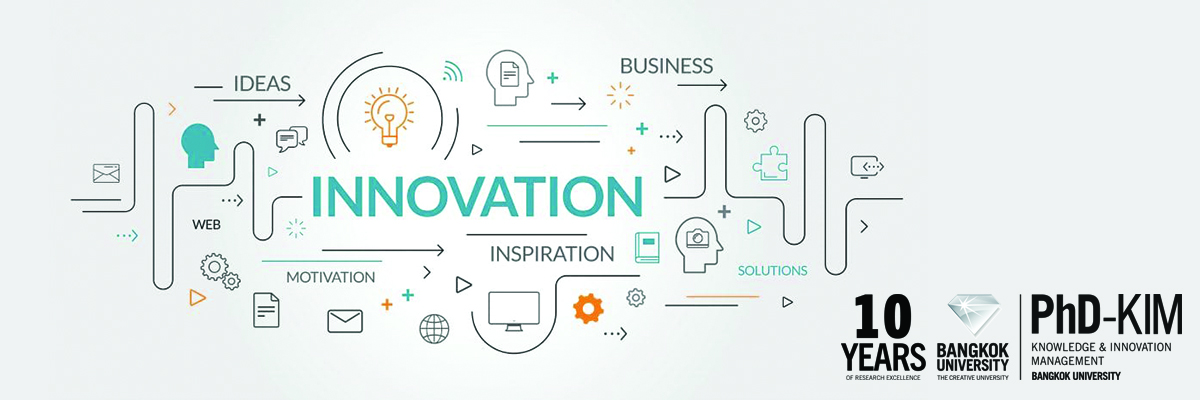
Ph.D. KIM Research Seminars for Academic Year 2023-2024

Ph.D. KIM Innovation Management Seminars 2023-2024

Ph.D. KIM Knowledge Management Seminars 2023-2024
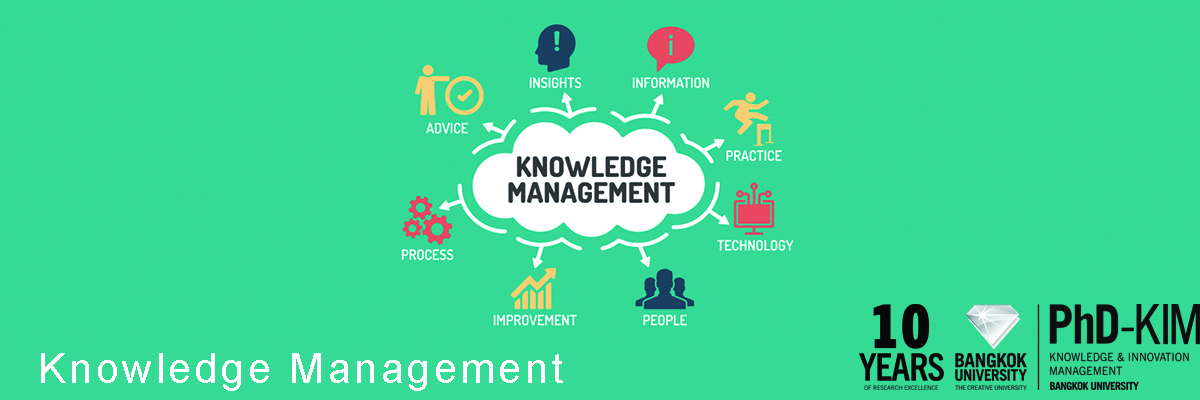
PhD KIM Seminars on Change Management Academic year 2021-2023

Ph.D. KIM Research Seminars for Academic Year 2024-2025
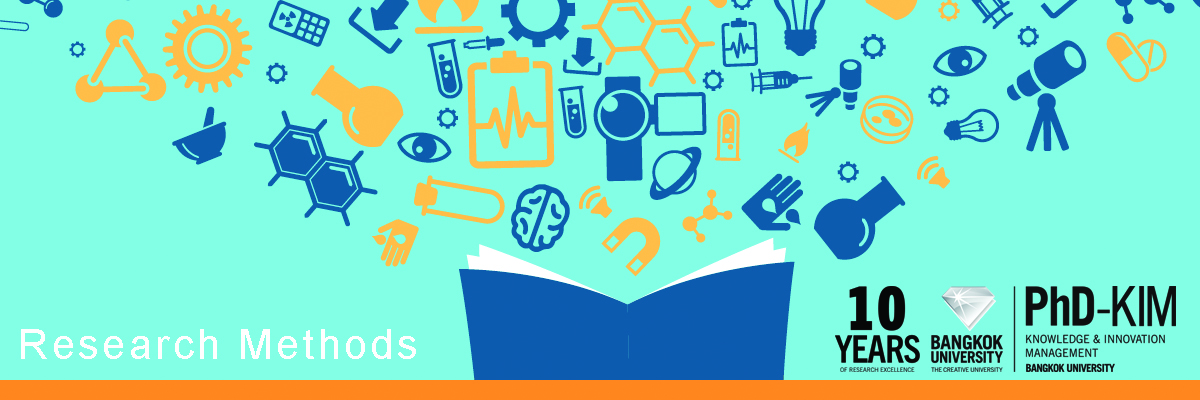
Ph.D. KIM Innovation Management Seminars 2024-2025

Ph.D. KIM Knowledge Management Seminars 2023-2024

Ph.D. KIM Knowledge Management Seminars 2025-2026

Ph.D. KIM Seminars on Change Management Academic year 2025-2026

Ph.D. KIM Innovation Management Seminars 2025-2026

Ph.D. KIM Research Seminars for Academic Year 2025-2026

jkjki


This page combines 2 courses
IM621 Creativity and Ideation Techniques
The course is designed to equip students with the essential knowledge, skills, and attitudes to excel in generating innovative solutions and fostering creativity within organizational contexts. This course delves into the multidimensional aspects of the creativity process, specialized tools (including AI tools), critical analysis of innovation-related challenges, effective communication and collaboration for successful personal and team ideation.
IM622 Design Thinking
Design thinking is a problem-solving approach that emphasizes empathy, creativity, and iterative processes to develop innovative solutions that truly resonate with user needs and preferences. The course is an immersive journey into the world of human-centric problem solving and innovation. Through this course, students will learn to harness the power of empathy, observation, critical analysis, problem statement, and collaborative ideation to tackle complex challenges. By exploring the five stages of the design thinking process, students will gain the expertise needed to understand customers’ expressed and hidden needs and pain points, generate innovative solutions, prototype and test these solutions, and effectively communicate their solutions.

Today's organizations face complex challenges as they navigate the global marketplace. A decision-makers most challenging trial is the constant changes in their business environment. To address this hurdle and remain competitive, an organization needs to formulate and implement an appropriate strategy to navigate the shifts in the dynamics of its industry. Strategic Management is an essential and integrative function that ties together the various functional areas of an organization (e.g., such as Accounting, Finance, Marketing, Operations, New Product Development, R&D, and many more). An effective and well-executed strategy is critical to creating a sustainable competitive advantage and securing the organization's sustainable growth and development. To this end, an organization needs to develop, align, and allocate scarce resources and capabilities to achieve its strategic goals to be successful.
The course design aims to provide a basic understanding of developing a strategic plan ready for implementation. The individual sessions and components of the course will equip students with a pragmatic approach to analyzing the business environment, formulating a strategy based on the results, and developing an initial implementation plan for an organization. Students will foster their analytical, knowledge, reflective, and verbal skills in organizational decision-making throughout the course.

This page combines 2 courses
IM621 Creativity and Ideation Techniques
The course is designed to equip students with the essential knowledge, skills, and attitudes to excel in generating innovative solutions and fostering creativity within organizational contexts. This course delves into the multidimensional aspects of the creativity process, specialized tools (including AI tools), critical analysis of innovation-related challenges, effective communication and collaboration for successful personal and team ideation.
IM622 Design Thinking
Design thinking is a problem-solving approach that emphasizes empathy, creativity, and iterative processes to develop innovative solutions that truly resonate with user needs and preferences. The course is an immersive journey into the world of human-centric problem solving and innovation. Through this course, students will learn to harness the power of empathy, observation, critical analysis, problem statement, and collaborative ideation to tackle complex challenges. By exploring the five stages of the design thinking process, students will gain the expertise needed to understand customers’ expressed and hidden needs and pain points, generate innovative solutions, prototype and test these solutions, and effectively communicate their solutions.

Course Short Description
Business Innovation Management offers critical and theoretical perspectives of management that dominated 20th-century thinking and practice in management and paved the way to new paradigms of the innovation age. The course introduces the historical evolution of the management domain and discusses more profound management principles. Students learn about essential foundational concepts of innovation on three levels of abstraction: innovation environment, core innovation principles (such as modern innovation types, innovation adoption, and intellectual property (IP)), and core innovation applications (related to process, people, culture, and leadership).

The course explores knowledge management (KM) and organizational learning (OL) at individual, team, and organizational levels relevant to business, non-profit, and government organizations. The primary task of corporate innovation is to configure its existing knowledge and examine new internal and external knowledge to develop and leverage corporate intellectual properties (IP) and solve the facing business issues. This course educates students with concepts, theories, methods, and technologies for designing (KM planning), developing (KM execution), and protecting knowledge (Knowledge security & IP law).
Introduction to Research provides focused training on innovative research methods and designs, especially case study research methods. The course provides the foundations of quantitative and qualitative research on how to develop research questions, examine literature, select units of analysis, and collect, analyze, and report data. After the course, students will have completed case study research proposals on the topic of their choice. The module is ideal for exploring prospectus ideas or beginning a master thesis and independent study.